Qualcomm open to investing in Arm as part of consortium
This comes after SK Hynix said it was interested in forming a consortium to acquire the British chipmaker
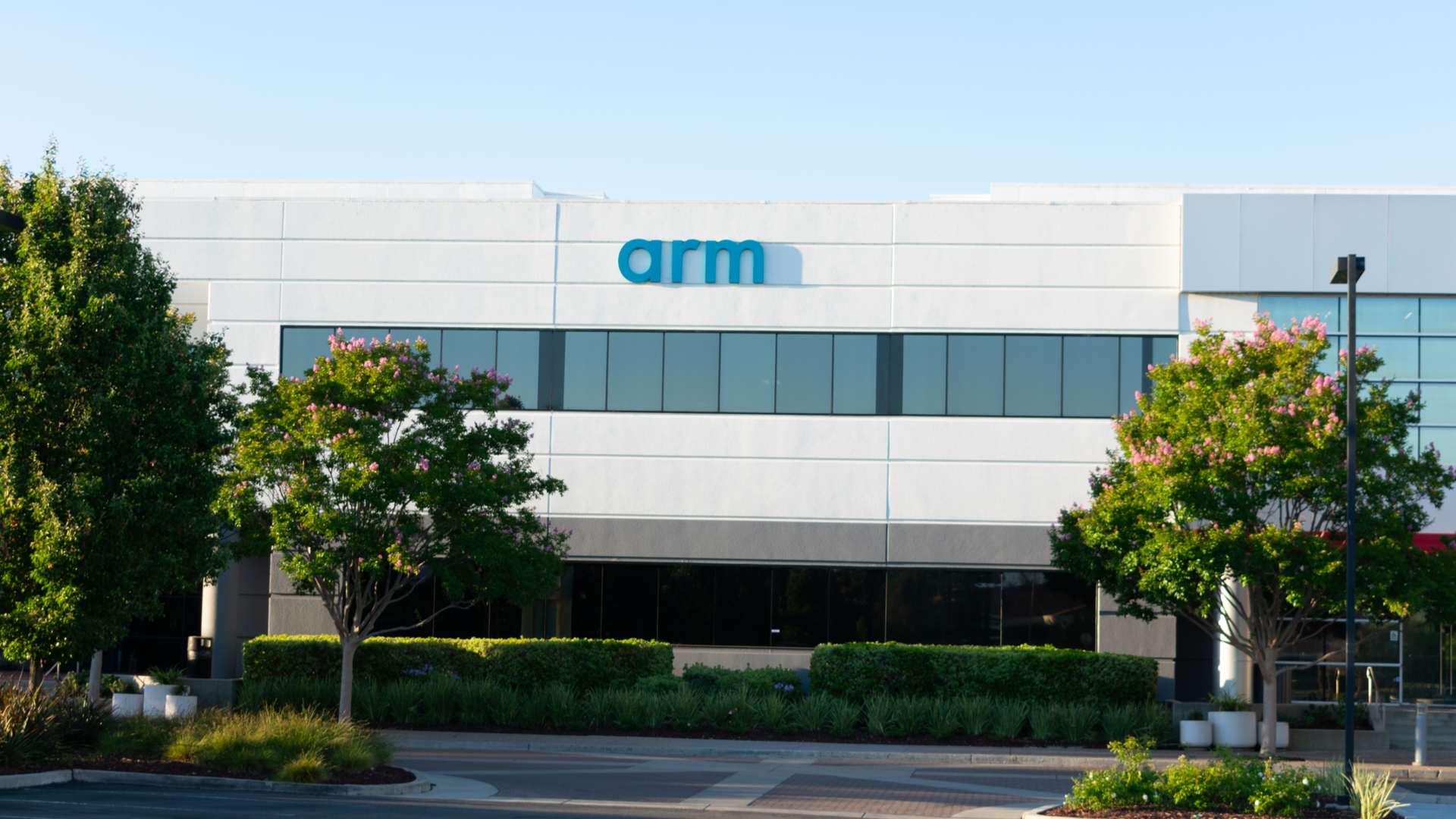

US chipmaker Qualcomm is seeking to invest in Arm as part of a consortium.
Arm’s owner SoftBank is hoping to list Arm next year after Nvidia’s $66 billion acquisition of the company fell through earlier this year.
Cristiano Amon, Qualcomm’s chief executive, told the Financial Times that the company is an interested party in investing, underlining that Arm is a very important asset given its crucial role in the global technology sector.
Amon emphasised that Qualcomm could join up with other chipmakers to buy Arm if the consortium making the purchase was big enough.
“You’d need to have many companies participating so they have a net effect that Arm is independent,” said Amon.
Qualcomm had opposed Nvidia’s proposed acquisition of Arm, saying that it made no sense for one chipmaker to take control of a company that was of such fundamental value to the entire sector.
“Arm has won everywhere because of the collective investment of the entire ecosystem, from companies like Apple and Qualcomm and many others, and that’s because it was an independent, open architecture that everybody could invest in,” said Amon, talking about the period before SoftBank purchased the company.
Get the ITPro daily newsletter
Sign up today and you will receive a free copy of our Future Focus 2025 report - the leading guidance on AI, cybersecurity and other IT challenges as per 700+ senior executives
Qualcomm hasn’t spoken to SoftBank about the potential investment just yet, revealed Amon, He said the Japanese group had been prioritising resolving a dispute at Arm’s joint venture in China, where its CEO had refused to step down.
Amon’s proposition could provide additional momentum to the idea of a group of chipmakers becoming investors in Arm. Intel CEO Pat Gelsinger suggested the company could support a move earlier this year.
In March, SK Hynix was also reportedly reviewing plans to acquire Arm. Park Jung-ho, vice chairman and CEO of the company, said it was considering forming a consortium, along with strategic partners, to jointly acquire the chipmaker. He emphasised that he doesn’t think Arm can be bought by one organisation.
Arm strikes licensing deals with partners, no matter their size or where they are based. This has led to its intellectual property being used in the majority of chips sold globally. In August 2021, the Competition and Markets Authority (CMA) raised concerns around Nvidia’s acquisition of Arm as the merged business would have the capacity and incentive to restrict access to Arm’s intellectual property. This is used by companies that rival Nvidia to produce semiconductor chips, in competition with the US giant.
This was echoed by the US Federal Trade Commission (FTC) in December 2021. It said the deal would "stifle" competition for multiple technologies because Arm is a "critical input" that fosters competition between Nvidia and its rivals. It said this kind of acquisition would give Nvidia a way to undermine other companies.
Why is Arm so important?
Consumption of semiconductor chips is growing rapidly, in the EU alone the consumption of leading edge chips is forecast to grow exponentially by 15% compound annual growth rate between 2020-2030, Dieter Gerdemann, partner at Kearney, told IT Pro.
"It should come as no surprise that due to the dominance of Arm, in the supply of chips for smart phones, with 90% of devices using the chip and IoT applications, and in fields such as data centres that Qualcomm has chosen to take an interest," he added.
Gerdemann said that Nvidia's attempted takeover of Arm was met with critique across the semiconductor sector which argued for the independence of the ARM eco-system and the benefits ARM’s status as a chip powerhouse in Europe brings. 75% of leading-edge chips are currently being produced in East Asia and, following the EU Chips Act, the focus has never been more on Europe.
“The idea that Qualcomm might now invest in Arm, after arguing against the Nvidia takeover, is an interesting one," he said. "The consortium they indicate to invest through will certainly need to meet stringent requirements for openness and transparency in order to gain acceptance of the global semiconductor community.
"However, we are convinced of the benefits of a publicly listed Arm entity, as the forces of the free market will ensure Arm stays competitive and continues to be the innovation powerhouse that it is today – to the benefit of the semiconductor ecosystem and Europe as a semiconductor design powerhouse.”
Zach Marzouk is a former ITPro, CloudPro, and ChannelPro staff writer, covering topics like security, privacy, worker rights, and startups, primarily in the Asia Pacific and the US regions. Zach joined ITPro in 2017 where he was introduced to the world of B2B technology as a junior staff writer, before he returned to Argentina in 2018, working in communications and as a copywriter. In 2021, he made his way back to ITPro as a staff writer during the pandemic, before joining the world of freelance in 2022.
-
 Should AI PCs be part of your next hardware refresh?
Should AI PCs be part of your next hardware refresh?AI PCs are fast becoming a business staple and a surefire way to future-proof your business
By Bobby Hellard Published
-
 Westcon-Comstor and Vectra AI launch brace of new channel initiatives
Westcon-Comstor and Vectra AI launch brace of new channel initiativesNews Westcon-Comstor and Vectra AI have announced the launch of two new channel growth initiatives focused on the managed security service provider (MSSP) space and AWS Marketplace.
By Daniel Todd Published
-
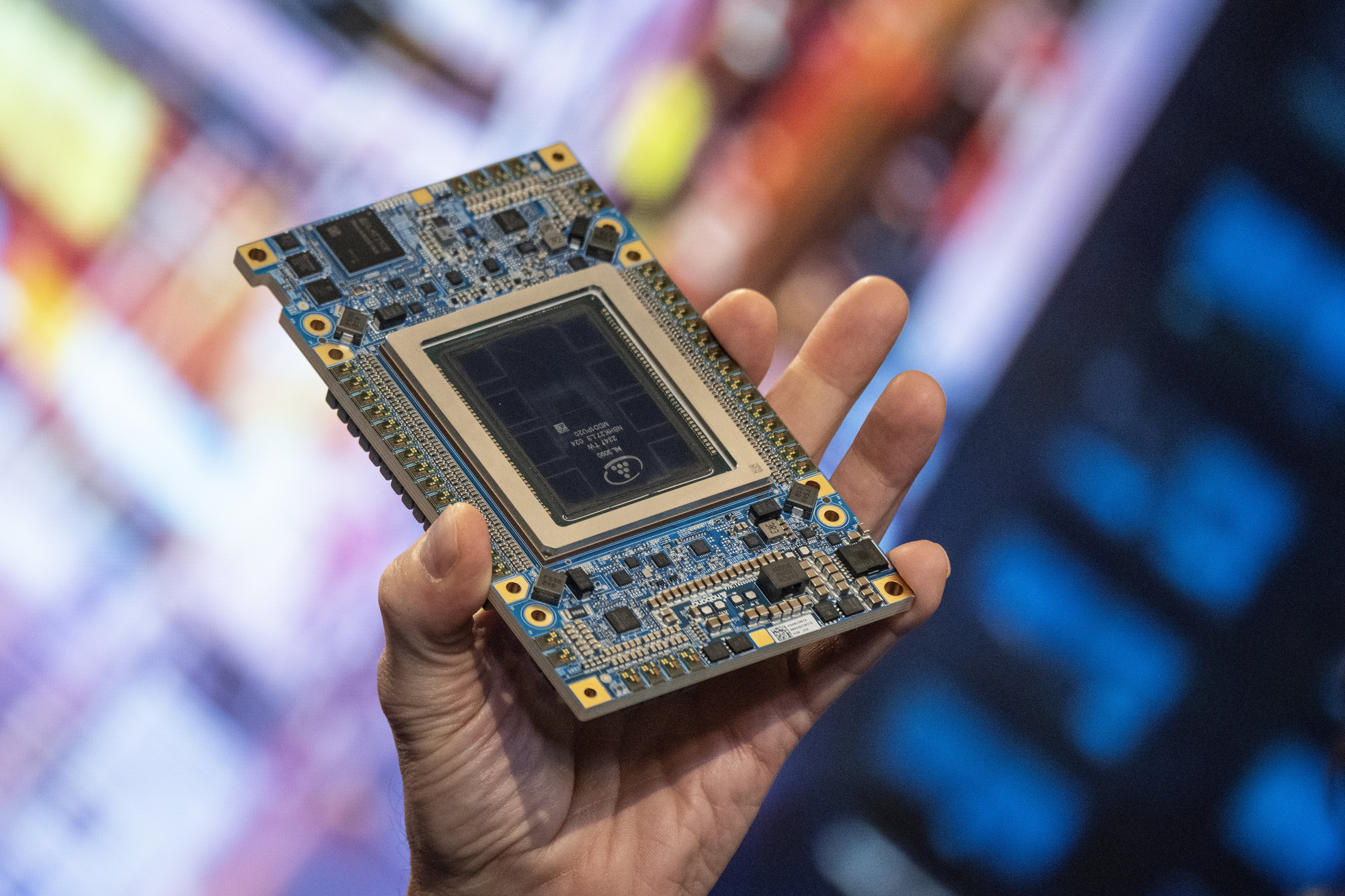 The AI PC is coming: Here’s what you need to know
The AI PC is coming: Here’s what you need to knowAnalysis Analysts believe a new wave of AI PC’s will spur increased tech spending in 2024
By Steve Ranger Published
-
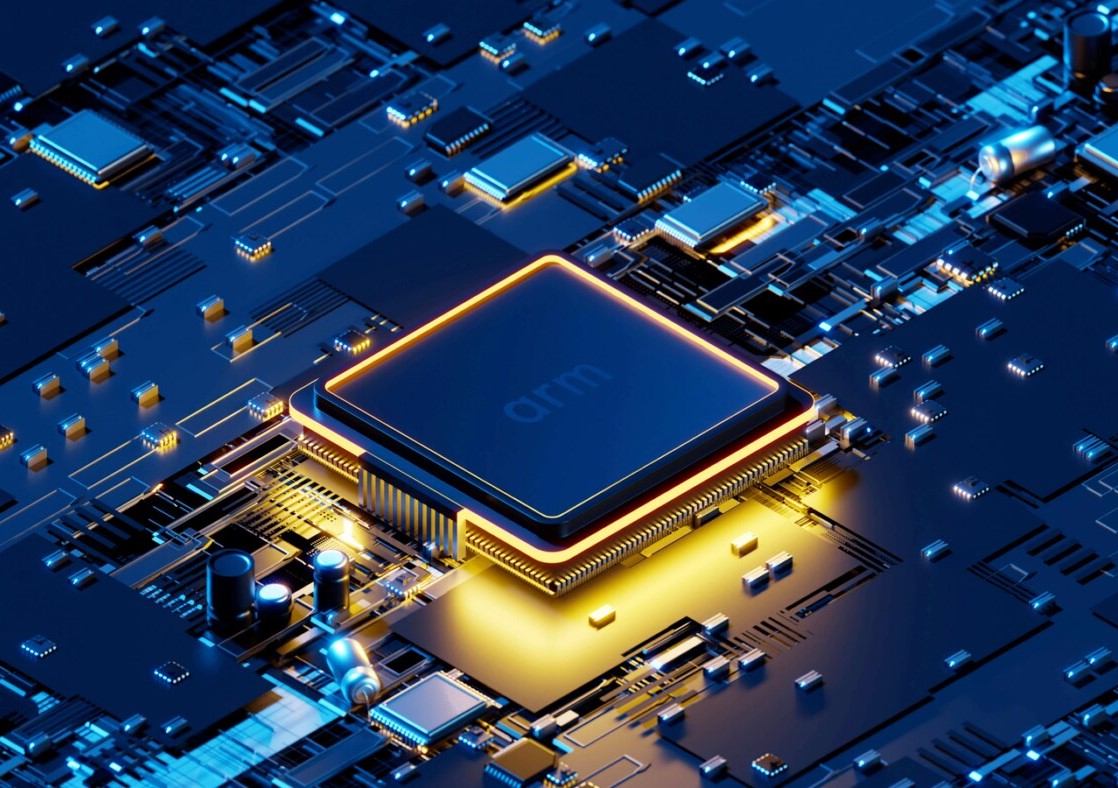 Arm's Cortex-M52 is a powerful compact processor for low-cost AIoT development
Arm's Cortex-M52 is a powerful compact processor for low-cost AIoT developmentNews The Arm Cortex-M52 looks to drive developer enablement in AI-powered IoT devices
By Ross Kelly Published
-
 Arm acquires stake in Raspberry Pi in bid to drive IoT development
Arm acquires stake in Raspberry Pi in bid to drive IoT developmentNews The deal confirms a long-standing Raspberry Pi commitment to Arm chips
By Emma Woollacott Published
-
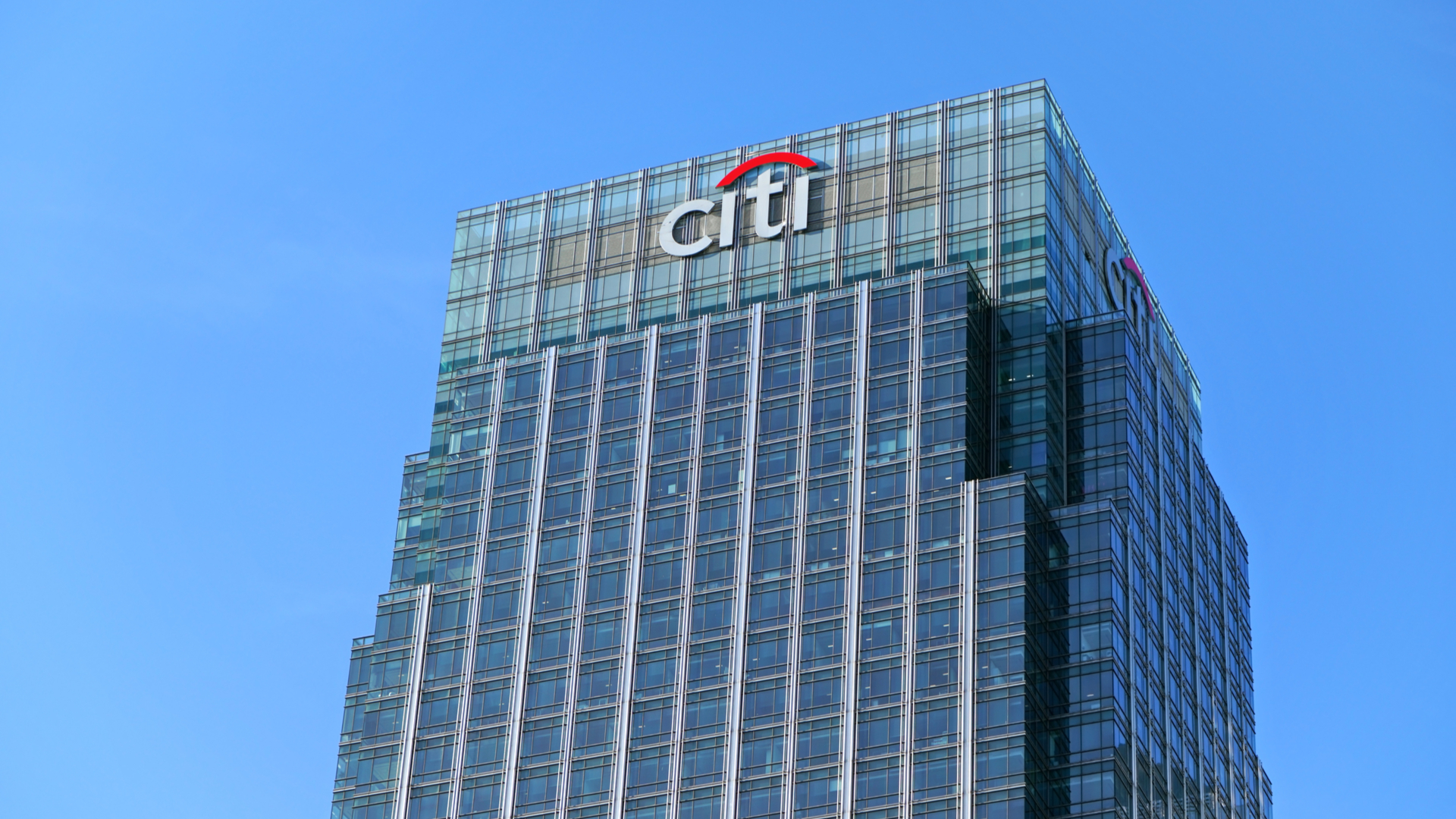 Citi to transition 70% of its workforce to Snapdragon mobile devices
Citi to transition 70% of its workforce to Snapdragon mobile devicesNews Longer battery life will allow the company to eliminate “thousands of tonnes” of CO2
By Adam Shepherd Published
-
 Qualcomm Snapdragon Summit: Snapdragon 8 Gen 2 platform unlocks new AI capabilities
Qualcomm Snapdragon Summit: Snapdragon 8 Gen 2 platform unlocks new AI capabilitiesNews Announced at Qualcomm's Snapdragon Summit in Hawaii, the latest chipset features improved AI support, Wi-Fi 7, and faster overall performance
By Adam Shepherd Published
-
 Arm China CEO refuses to step down despite being dismissed
Arm China CEO refuses to step down despite being dismissedNews This is the second time Arm has tried to get rid of the CEO, after falling out with him in 2020
By Zach Marzouk Published
-
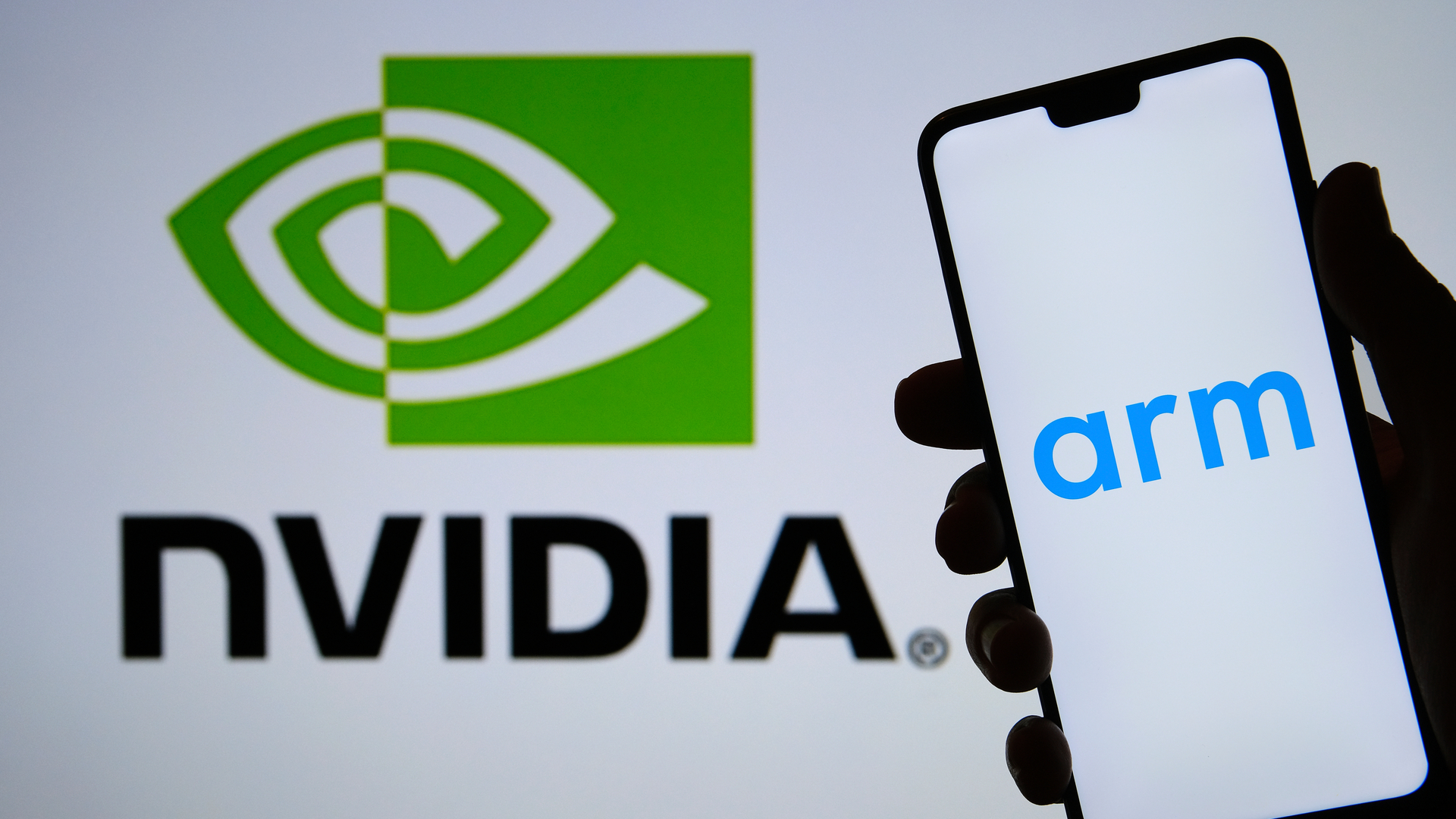 Nvidia warns rivals are exploiting uncertainty surrounding Arm’s future
Nvidia warns rivals are exploiting uncertainty surrounding Arm’s futureNews The company claims Intel and AMD have been getting ahead due to the drawn-out regulatory process
By Zach Marzouk Published
-
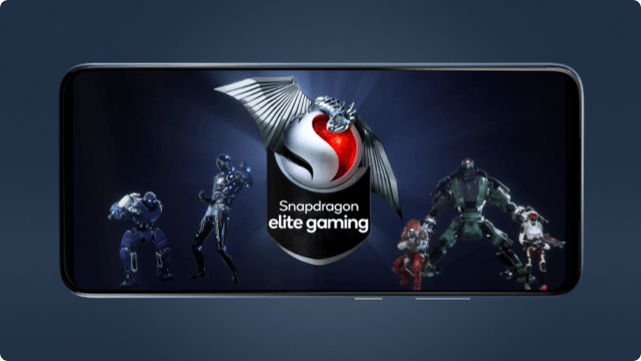 Qualcomm unveils $1,500 smartphone for 'Snapdragon insiders'
Qualcomm unveils $1,500 smartphone for 'Snapdragon insiders'News Triple-lens handset made by Asus with Qualcomm technology will be available "soon"
By Bobby Hellard Published